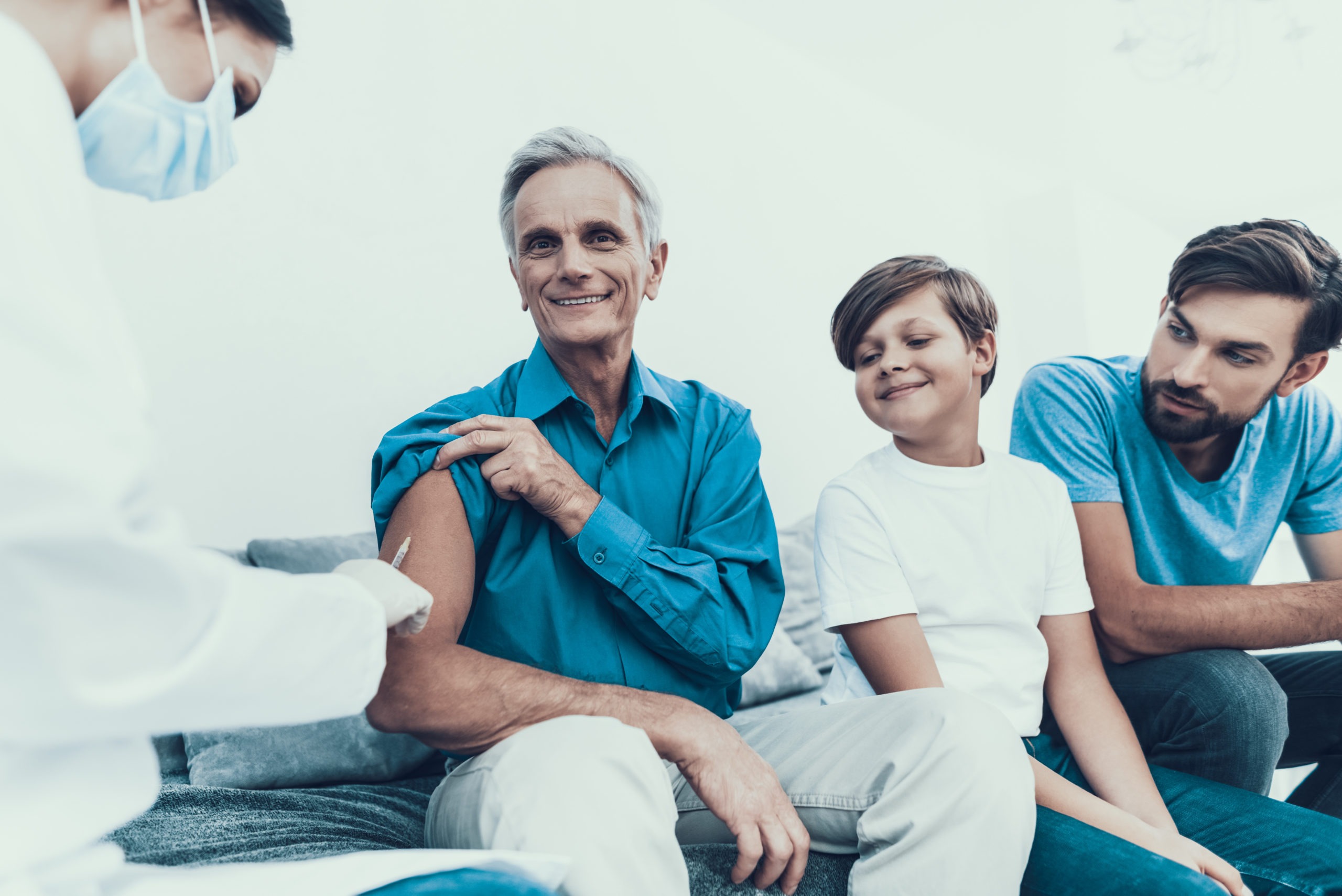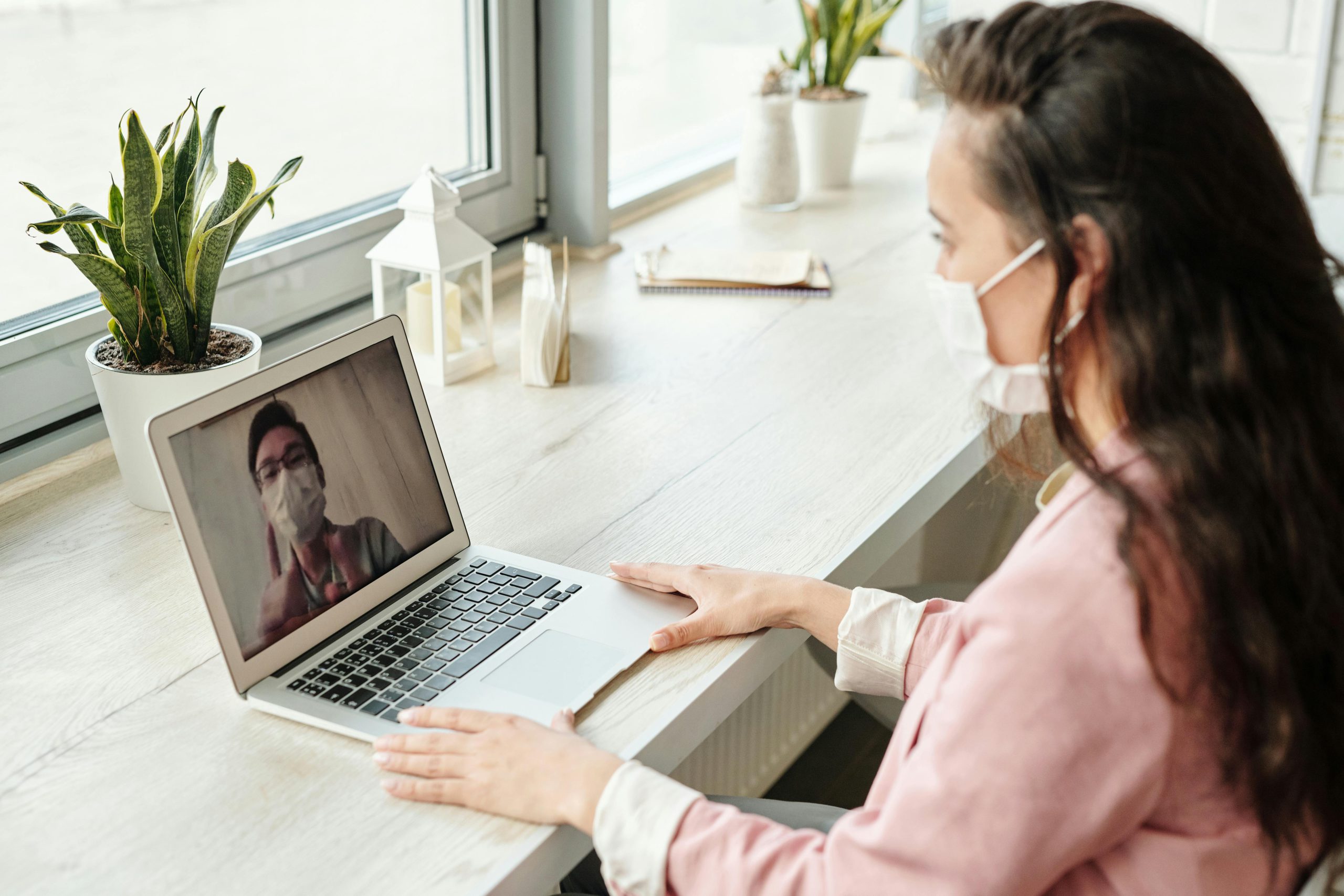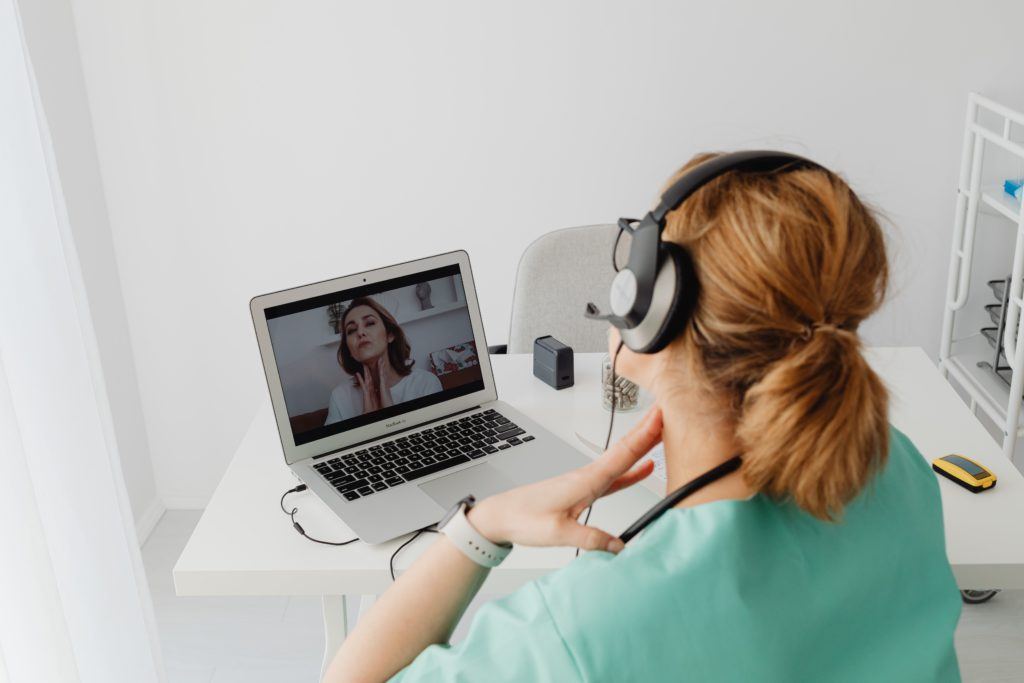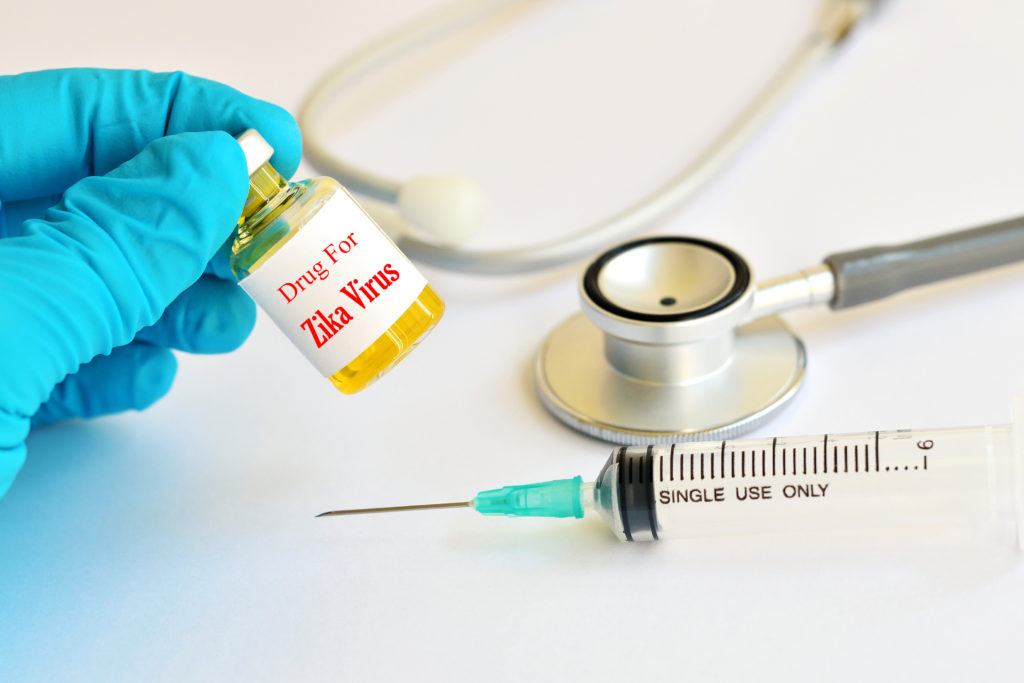Next-generation implants may utilize dual-energy harvesting technology for power.
Cutting-edge implants might soon be fueled by innovative dual-energy harvesting technology, offering promising advancements in the realm of implantable biomedical devices. Researchers at Penn State have developed a groundbreaking wireless charging device poised to revolutionize the power supply for next-generation implants, addressing current limitations while ensuring safety for the human body.










